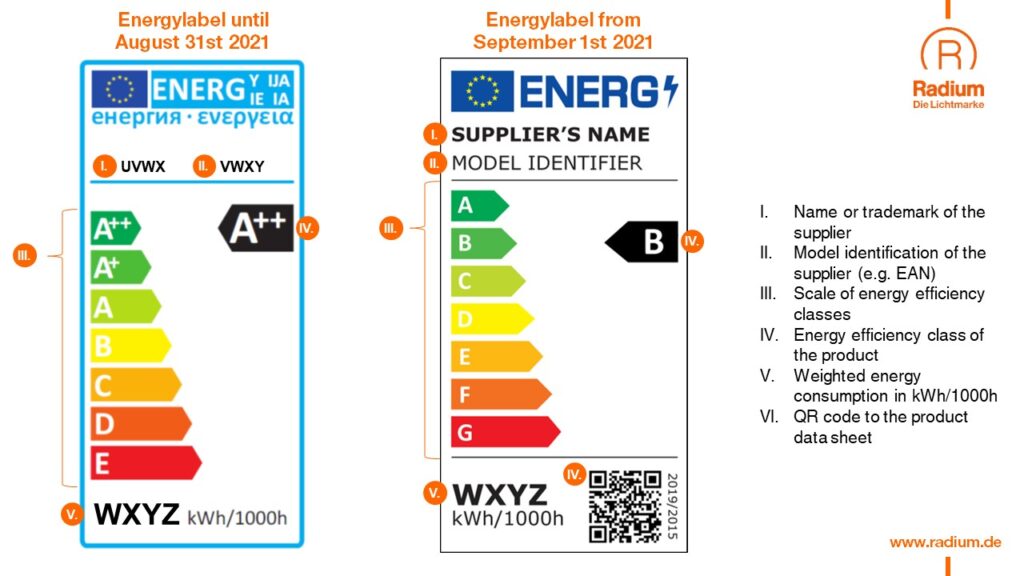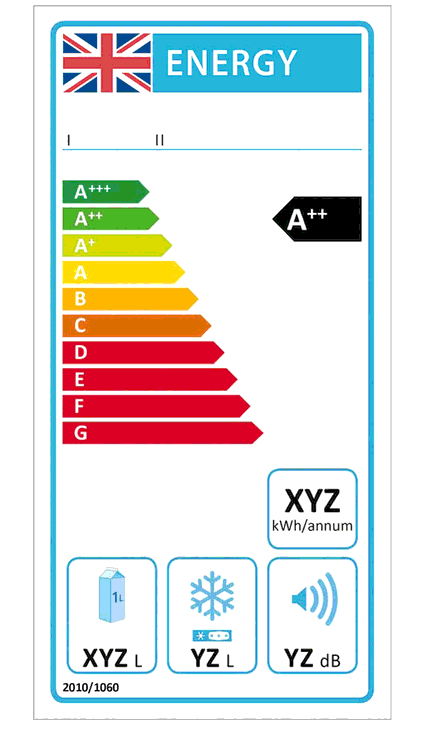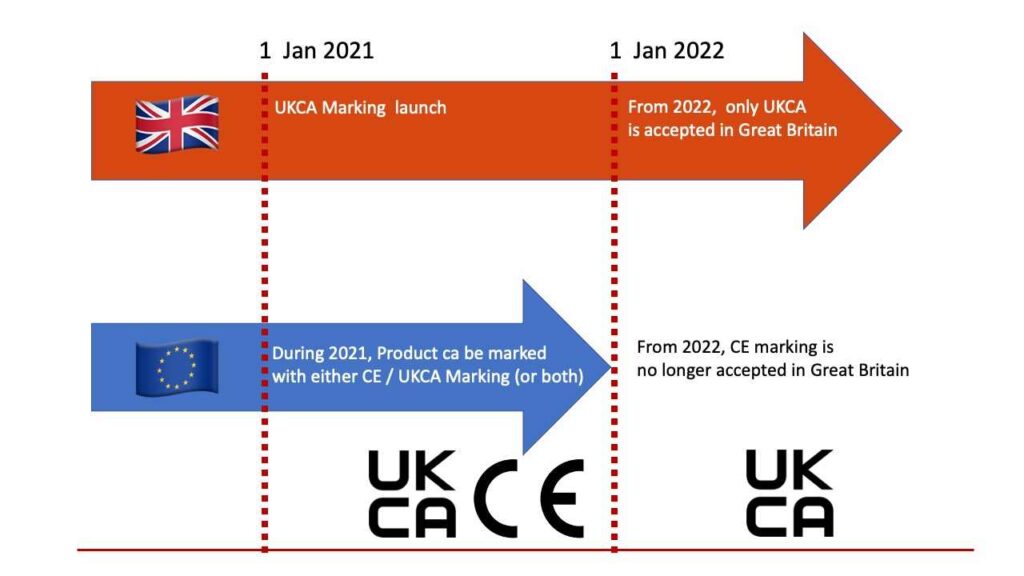Podcast: Play in new window
Subscribe: Apple Podcasts | RSS | More
Josie Appleton is the director of the Manifesto Club.

*****
You might think that you’re not familiar with the CE symbol, but you probably are, I’m sure you’ve seen it thousands of times. I can’t show you a picture of it in audio format, but the symbol is two semi-circles, the first one making a C, the second with an extra line to make the capital E, and CE stands for, conformité européenne meaning conformity with European standards, and you’ve seen and ignored that symbol on a thousand different products, electronics, toys, basically any manufactured consumer product.
I mentioned cycle helmets on the podcast a few weeks back, that they are designed to protect a cyclist from a fall to the ground, but not from being hit by the driver of a car. Those design standards are codified in the conformité européenne system, and you’re not allowed to make, import or sell any products in the EU that don’t meet those standards.
The products are inspected, when they pass they get to display that CE symbol, the consumer doesn’t get children’s toys covered in lead paint or, hopefully, mobile phone batteries that blow up.
It is true that regulations like this have the potential include malicious requirements that some country sneaks in, to try to favour their industry over another country. James Dyson, for example, complained that the ratings for vacuum cleaners were done in a way that disadvantaged his invention, but the regulations are agreed by the EU as a whole, and everyone gets their shpake.

The regulations are necessarily very complex, because they cover thousands of different products, and they can be very technical, and they were one of the prime rhetorical targets of the Brexit campaign, including people like James Dyson, you probably know this script by heart, the Brussels bureaucrats tying up our business up in unnecessary red tape.
This is Brexit, the Movie a glossy, professionally-produced video put out on YouTube by right-wing film-maker Martin Durkin as part of the Brexit campaign, it’s typical of the rhetoric at the time.
It’s very typical of the Brexit campaign in the sense that Martin Durkin has no regard for the truth, in this segment all the things that are mentioned in the voiceover appear in the stylishly-filmed routine of ‘regulated man’ getting up and having breakfast, with nifty graphics listing all the relevant regulations over each item. Except, they’re not necessarily relevant, as John Oliver observed at the time.
It’s not explicitly mentioned in Brexit the Movie, but most of the regulation that they were talking about here are the CE regulations, and ‘freeing Britain’ from this burdensome regulation was a core objective, and a core selling point of the Brexit lobby.
So, after much delay, what was called the UKCA, standing for UK Conformity Assessed, UKCA was launched on 1 January 2021, with the validity of CE certification to expire in the UK as of 31 December 2021, so a one-year transition period. Basically, the British government created their own standards agency to set their own standards independently, free of all the meddling of those evil Brussels bureaucrats.
To do this, they basically did a copy and paste of all the existing CE regulations into UK law. They wrote one piece of legislation that said that all the CE regulations as of 1 January 2021 are now UK law, and going forward we can amend or abolish them as we see fit. That’s not the most dignified way to do things, but it was probably the most practical. They’d never have had the resources to write the whole thing from scratch, they needed to start with some body of law, and the CE system was the obvious one.
The CE system as of 1 January 2021. Obviously changes made in the CE system after that date would not be reflected in UK law, and it didn’t take long for changes to crop up. A very high-profile element of the CE system is those energy ratings that you get on fridges and dishwashers and all household appliances, energy rating A or B or whatever, with coloured arrows going from red to green.

Appliances have got much more efficient since the ratings were launched – the system works, I suppose – and there was a lot of rating inflation, so we had A*, A**, A*** and so on, but on 1 August 2021, a recalibrated system was launched, so that the top grade was A, but the standard was much more demanding, and A** would be called B, and so on down to be more realistic.
That was launched by the CE, but the UK still had the old system written into their law. So manufacturers were required to have two gradings for their products, the new CE one and the UKCA one, which was basically just the old CE one.
Vacuum cleaners and washing machines started coming out with a CE label saying that they were rated, say, C and a UK label rating it at A**.

That’s a high-profile example, but of course there are tweaks in one regulation or another happening all the time, usually after years of consultation with industry and other stakeholders, though most of it is way too obscure to be of interest to anyone else.
That makes a problem manufacturer. A big problem. Having two labels with different ratings is one thing, but instead of having to comply with one set of regulations, they would now have to comply with two sets. Even without any big divergence that was turning into a headache. If the UK was to actually follow through the Brexit promise and simplify whole swathes of regulations, that would likely massively complicate the lives of manufacturers. Simplicity ain’t that simple.
I suppose they could abolish the regulation system entirely, say that children’s toys can be covered in lead paint, their car seats can be made of cheap material that disintegrates and kills them in a car crash, their mobile phone batteries can explode, but … well, I suppose I shouldn’t give them ideas.
In the real world, that meant a lot more work for manufacturers who now had to comply with two sets of standards. Or they had another option. They could just not bother to sell to Britain. I’m sure Apple and Samsung and other electronics giants would keep selling, but for small and mid-size manufacturers in, say, the Far East, the UK is maybe 12 per cent of the size of the EU market.
Doubling your compliance costs to increase your customer base by 12 per cent might not seem like a worthwhile option from Guangdong Province.
But there was one set of manufacturers who didn’t have an option. If you were a British manufacturer, you would be required to meet the new UKCA standard, and of course you couldn’t export a button beyond Dover or Newry if you didn’t meet the CE standard.
So UK manufacturers lobbied the British government. So the British government delayed that deadline, originally set for the end of 2021, and doubled the transition period, so the CE standards would be legal in the UK, for another year. Then, still under pressure from industry they increased the deadline again, this time by two years, up to the end of 2024.

Then, quietly, a few weeks ago, the British government announced that the validity of the CE rules in the UK would be extended indefinitely – forever. There is now no doubt that the whole UKCA scheme is clearly going to be scrapped – to spare their blushes they haven’t made that part of the announcement yet, but it’s the only logical step, and they aren’t making any effort to deny it.
The significance of this can’t be understated. This is massive. The British government have, with one quiet press release, tossed on the scrapheap the central, the most iconic, the most, supposedly the most important Brexit selling point.
It’s not an exaggeration that in terms of airtime, column inches, and barstool bores, this was by far the biggest talking point of the pro-Brexit lobby. In fact, it goes far beyond a talking point. It was a cultural phenomenon; as resonant as brown envelopes or dodgy planning permissions are in Ireland.
It goes back at least as far as 1987, when Boris Johnson was fired from the Times for writing lies, and was hired by the Telegraph for writing lies as their Brussels correspondent, and he started making up stories about things like saving the prawn cocktail crisp from the EU bureaucrats.
When Nigel Farage was bellyaching about ‘this is our independence day’, this is exactly what he was talking about – not having to follow all the rules and regulations from Brussels. He and others framed it explicitly in terms not having to obey diktats from foreigners.
And you have to note, this is not the result of negotiations with the EU. This was entirely a British decision, with the rest of Europe, as with most things now, not really caring what they do. This decision was made because British manufacturers persuaded the British government to make it.
And the end result is that every crossed t, every dotted i, every full stop and every comma of European regulations will be law in the UK. The only difference, the only difference to the position before Brexit is that before, Britain, along with all the other countries could lobby to make sure that the fine print of the regulations didn’t disadvantage them. Now the 27 EU countries will be at the table, deciding the regulations, still able to make sure their interests are protected. Britain won’t be. Britain will be outside the door, waiting to find out what the latest diktat from Brussels tells them to do.







